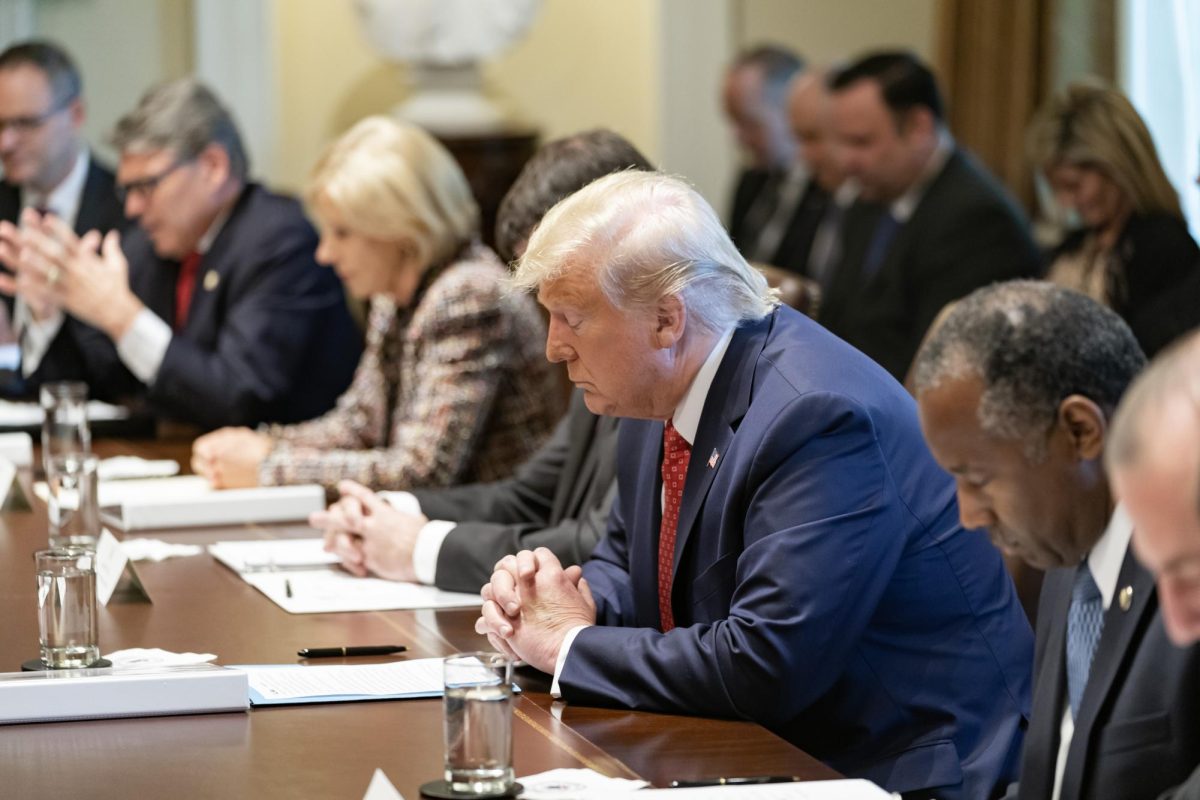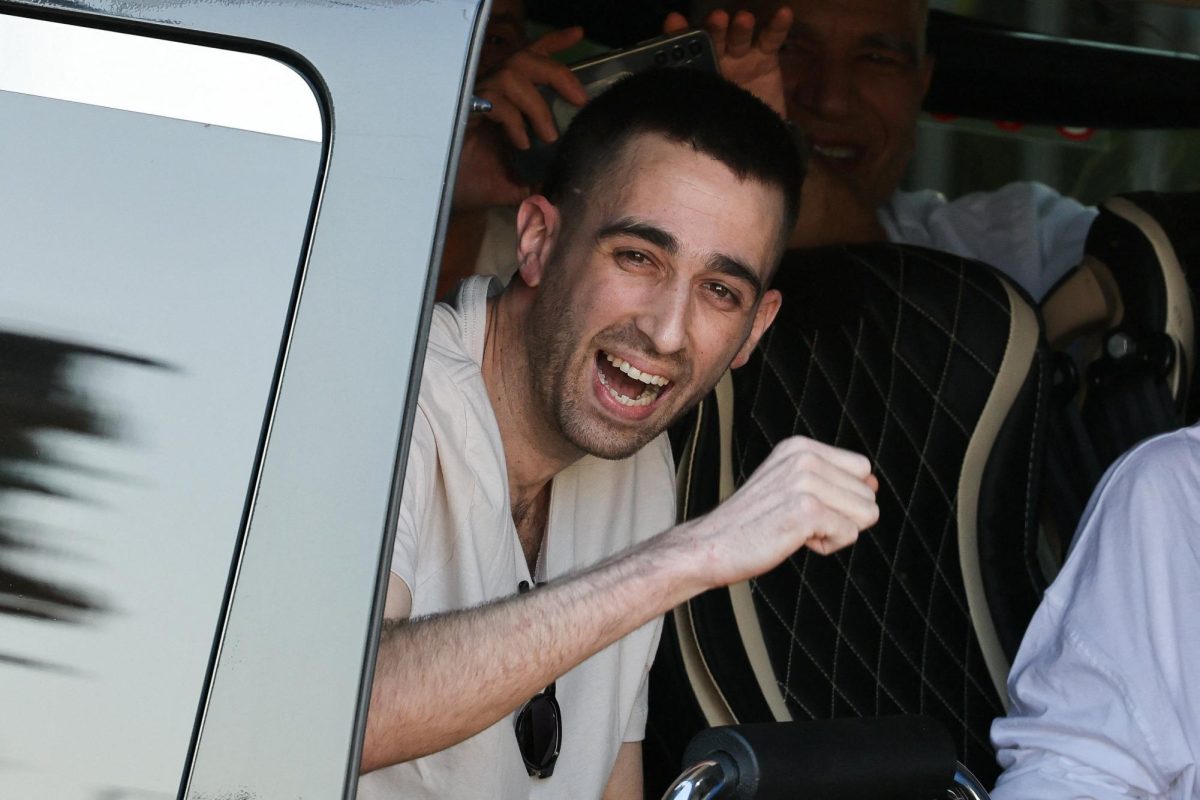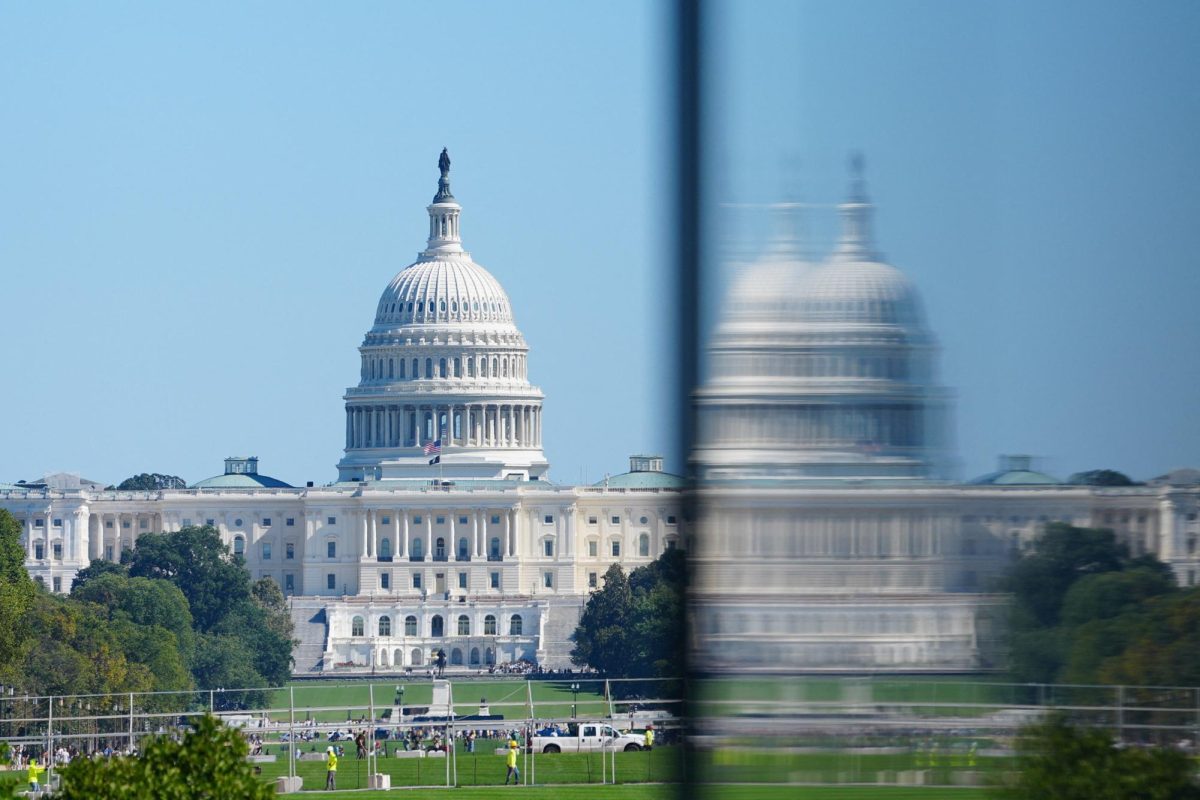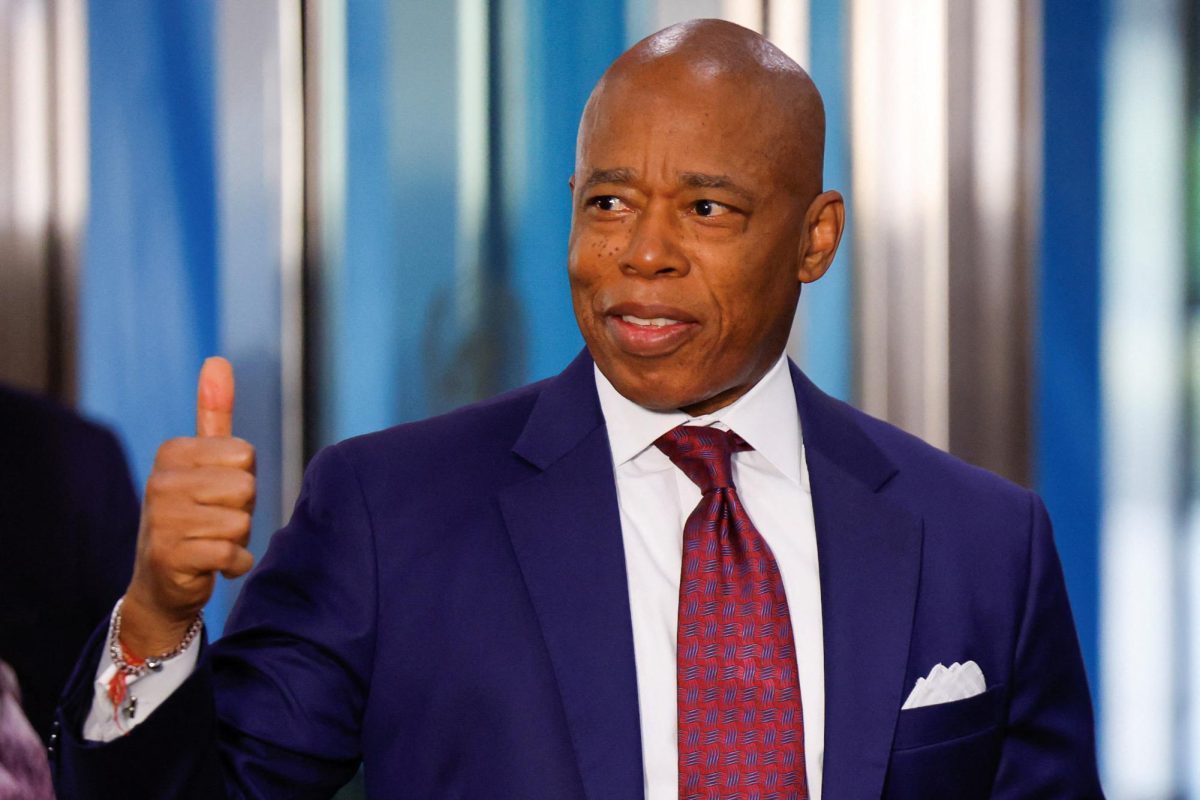As President-elect Donald Trump approaches his second term, he has begun to announce his picks for potential cabinet nominations and top-level government jobs. But, somewhat unsurprisingly for a candidate with Trump’s history, several of his choices have raised sharp criticism over questionable pasts and a general history of television exposure and unwavering loyalty to Trump over specific previous experience in government.
An early nomination was Matt Gaetz, former member of the House of Representatives, for Attorney General. Gaetz instantly drew criticism due to past allegations that had been the result of an Ethics Committee investigation, including sexual assault allegations and payments to have sex with young adults as young as 17 years old, according to a CNN article from Nov. 21. Shortly after Trump announced him as a nominee, Gaetz withdrew from consideration in the face of these allegations and rising calls for the release of a pending House investigation into them. Trump has since nominated former Florida Attorney General Pam Bondi to be his next Attorney General. The Republican-controlled House voted to block the formal release of the Ethics Committee’s findings, according to a Dec. 6 New York Times article, which means that the unpublished results will stay hidden from public view despite Gaetz’s formal resignation from the House.
According to a USA News article on Nov. 13, Trump also nominated Pete Hegseth, Fox News host, as Secretary of Defense. Beyond serving in the Army National Guard, he has no senior military or national security experience, PBS News reported on Nov. 18. Hegseth also faces very serious allegations of sexual impropriety, financial mismanagement and public drunkenness after a New Yorker magazine investigation, according to a Dec. 6 article from ABC News. Hegseth has denied charges of all wrongdoing, but told senators he’s a “changed” man and has publicly promised not to drink alcohol if confirmed as Defense Secretary, according to PBS News. Republican public support for Hegseth is waning and some sources close to Trump suggest there’s a less than 50 percent chance the Senate will approve the confirmation, the New York Times reported on Dec. 5.
Two high-profile names in Trump’s nominee selections – Stephen Miller and Russell Vought – were also significant contributors to creating Project 2025, a policy initiative that promotes ultra-conservative positions on federal government, including creating a national database of abortion procedures, removing diversity and inclusion efforts from federal policy and restricting discussions on race and gender in schools, among hundreds of other positions. Miller was nominated for deputy chief of staff for policy and homeland security adviser, while Vought was picked for director of the Office of Management and Budget, a position he held in Trump’s first term.
Another high-profile announcement from Trump was the intent to create a new advisory body, the Department of Government Efficiency, alongside the announcement of two men to co-chair it: technology giant and X owner Elon Musk and entrepreneur/Republican primary candidate Vivek Ramaswamy. The two, both billionaires with firm and open allegiances to Trump, say their end goal is to cut regulations, spending and headcounts within the federal government, according to BBC News on Dec. 5. Despite the title, the department (nicknamed “Doge,” a reference to the cryptocurrency Dogecoin that Musk often promotes on social media) would not be a formal government agency, and would “provide guidance to the White House on spending cuts, and compile a list of regulations they believe are outside agencies’ legal authority,” the BBC reported.
Trump has also nominated Sean Duffy as Transportation Secretary, who is a former congressman and is currently a Fox News Host. He nominated White House communications director Steven Cheung and White House press secretary Karoline Leavitt. For Medicare and Medicaid Services administrator, Trump nominated Dr. Mehmet Oz who has appeared as a TV doctor on his own show for a long time and recently ran for senate in Pennsylvania but lost.
As an EPA administrator, Trump selected Lee Zeldin, who is a former U.S. congressman and former Republican nominee for governor in New York. His other nominations for Secretary of Homeland Security are South Dakota governor Kristi Noem, CIA director John Ratcliffe and Director of National Intelligence Tulsi Gabbard, who used to be a Democrat and ran against Trump in the Democratic primaries in 2020. In addition, Trump nominated Kash Patel as director of the FBI, who has wanted to dismantle the FBI and has sought retribution on politicians and members of the media.
Other Trump nominees include Marco Rubio as Secretary of State, who in fact has been regarded as more qualified for the job compared to the others; Robert F. Kennedy Jr. as Health Secretary, who has been known as a vaccine skeptic; Linda McMahon who is married to Vince McMahon and was a WWE executive, as Education Secretary; and long-time Trump loyalist Susie Wiles as Chief of Staff.
These cabinet picks have been generally praised by Trump’s supporters since they think of them as disruptions to governmental status quo and “business as usual.” Critics of the nominee selections say that the picks ignore knowledge and experience in government, instead giving preference to die hard loyalty toward Trump’s policy goals. Key to note, however, is that the senate still has to confirm most of these cabinet nominations since it is the senate’s responsibility to “advise and consent.”









